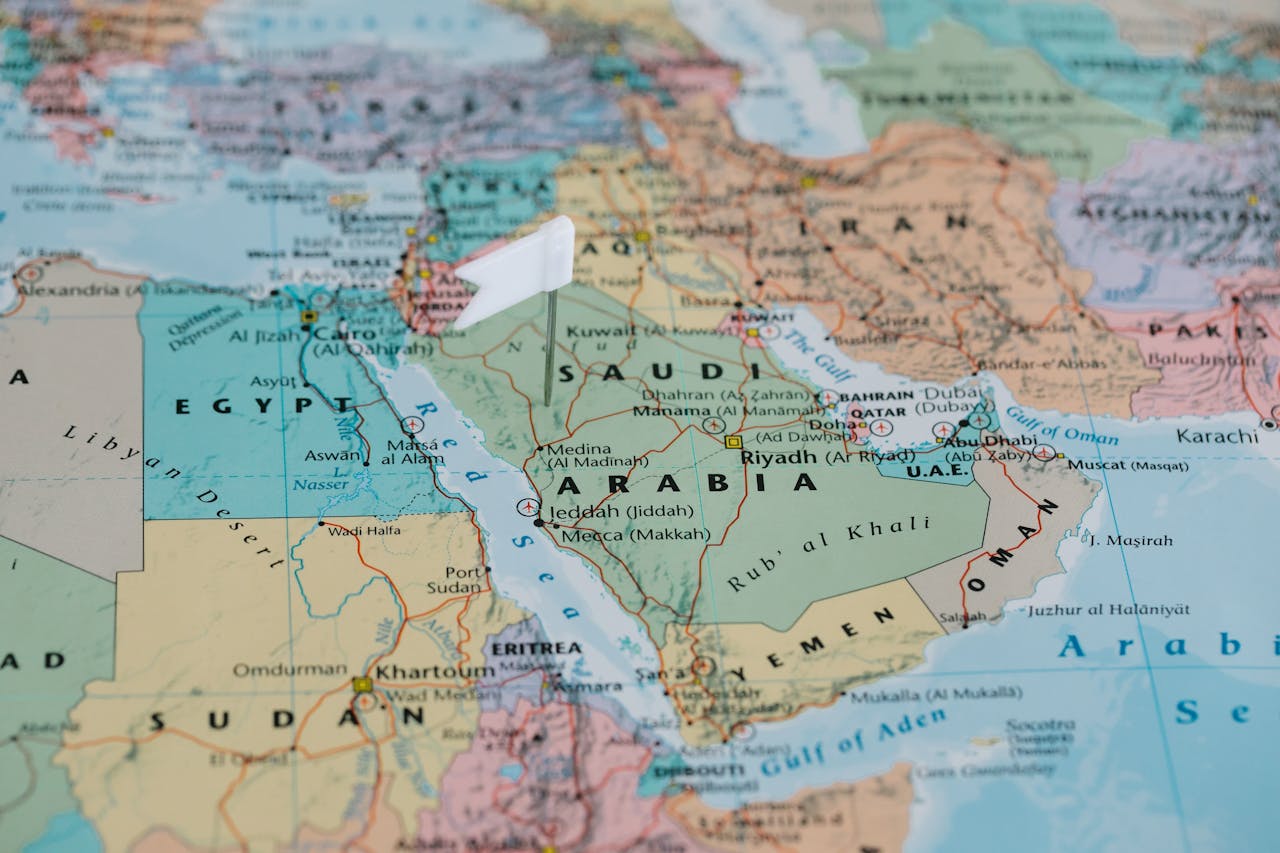Following our discussion on the transformative potential of a dedicated cargo airline in Saudi Arabia, let’s delve into the strategic steps to bring this vision to life. Under Crown Prince Mohammed bin Salman’s leadership, this initiative can set new benchmarks in global logistics.
1. Feasibility Study: Conduct a comprehensive feasibility study to assess market demand, competition, and financial viability. This includes analyzing current air cargo trends, potential routes, and economic impact. Understanding market needs is crucial for strategic planning.
2. Strategic Partnerships: Forge strategic partnerships with global logistics companies, airlines, and technology providers. Collaborating with industry leaders can provide expertise, infrastructure, and technological support, ensuring a robust foundation for the airline.
3. Infrastructure Development: Invest in state-of-the-art infrastructure, including cargo terminals, warehousing facilities, and logistics hubs. Modern, efficient facilities will enhance cargo handling capabilities and operational efficiency.
4. Fleet Acquisition: Acquire a modern fleet of cargo aircraft, prioritizing fuel efficiency and capacity. Advanced aircraft equipped with the latest technology will ensure reliable and sustainable operations.
5. Regulatory Compliance: Ensure compliance with international aviation and logistics regulations. Establish a dedicated team to navigate regulatory requirements, streamline customs processes, and maintain high standards of safety and security.
6. Technological Integration: Integrate cutting-edge technologies such as AI, blockchain, and IoT into operations. These innovations will optimize cargo tracking, enhance security, and improve overall efficiency, setting new industry standards.
7. Workforce Development: Invest in training and development programs for the workforce. Skilled professionals are essential for efficient operations, and continuous training ensures the team stays updated with the latest industry practices.
8. Marketing and Branding: Develop a strong brand identity and marketing strategy to position the airline as a leader in the global air cargo market. Effective branding will attract clients and partners, boosting the airline’s reputation and reach.
Conclusion: Building a dedicated cargo airline in Saudi Arabia involves strategic planning, robust partnerships, and technological innovation. By following these steps, the Kingdom can establish a world-class air cargo operation that supports its Vision 2030 goals and transforms global logistics.
Stay tuned for our next post where we will explore the benefits of integrating advanced technologies into the cargo airline’s operations.
- Regulatory and Compliance: Pioneering the Future of Saudi Arabia’s Dedicated Cargo Airline - December 21, 2024
- Financial Strategies: Fueling the Growth of Saudi Arabia’s Dedicated Cargo Airline - December 20, 2024
- Operational Excellence: Ensuring Competitive Edge for Saudi Arabia’s Dedicated Cargo Airline - December 19, 2024






